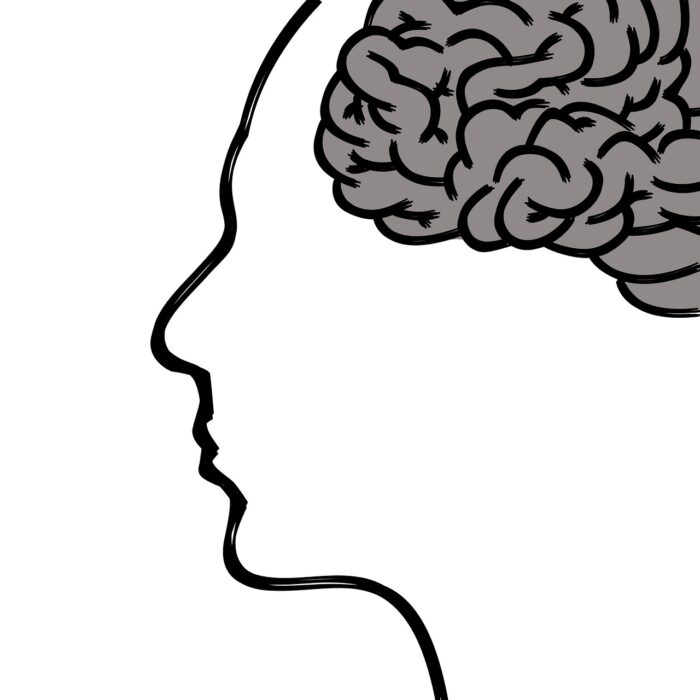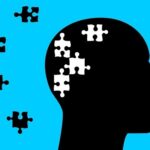
Like physical fitness, mental fitness is becoming a priority for an increasing number of individuals. Memory loss is a common fear that many of us try to curb with various mental exercises. However, it takes more than a few crossword puzzles here and there to keep your brain and memory sharp, according to scientists in southern Florida.
Gerontologist Beverly Sanborn recommends training your brain well before old age. Cognitive changes can be slow, so setting in motion good patterns and habits can keep your memory flexible for longer. Sanborn identified six categories of brain exercise: critical thinking, body movement, step by step sequencing, learning something new, devising analytics solutions, and regular long-term memory exercises.
All of these categories of brain exercise challenge your brain to work harder than normal. Arguing for an opposing viewpoint in a debate, following a recipe, or adding a new word to your daily vocabulary are all examples of activities that would fall within critical thinking, sequencing, and learning. Regular physical exercise and managing health risks are also important for maintaining mental fitness.
Although researchers recognize that there is no cure for Alzheimer’s, learning more about the disease and how to delay symptoms is crucial. Neurologist Dr. James Galvin found that there is a window of time in which interventions for maintaining brain fitness work best. So far, research has shown that vitamin supplements or medications promising to help with memory do not work to prevent or delay memory loss. The best ways to stay sharp seem to be regular physical exercise and regular brain training using a well-rounded approach. Activities that are a mental stretch, rather than mindless and repetitive, appear to be the best for your memory. The brain works by constantly being challenged – so you have to challenge yourself to make sure it still works.
Tags: brain, memory, scienceCategorised in: Uncategorized
This post was written by McKenzie Cline
